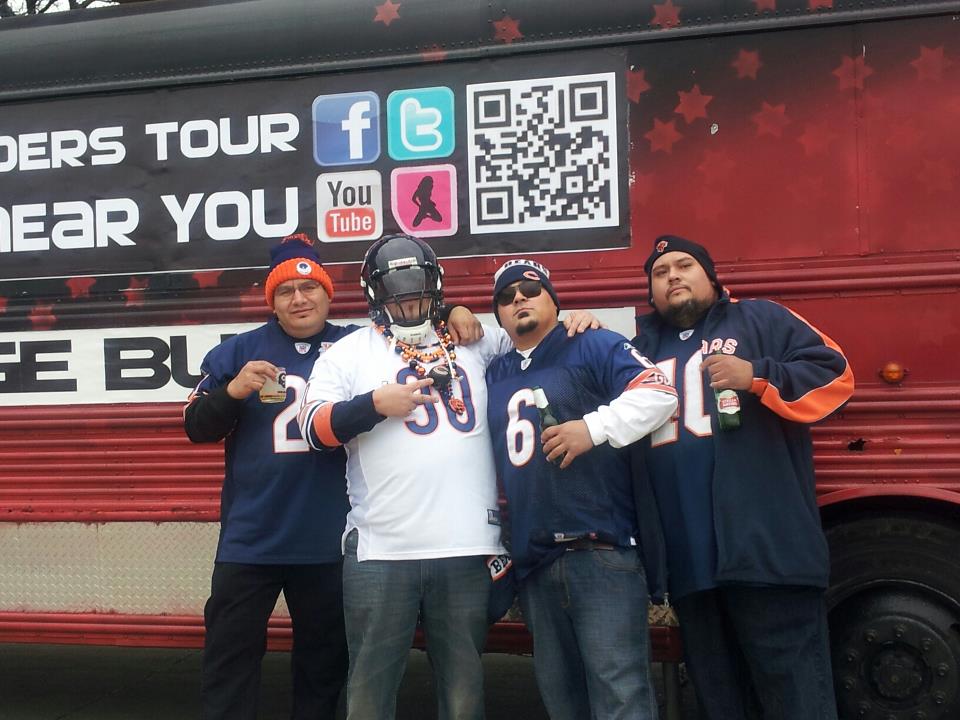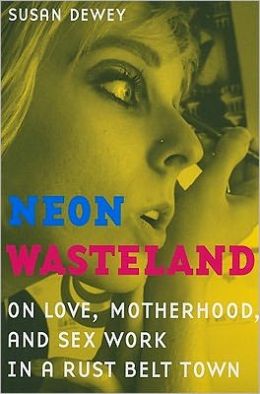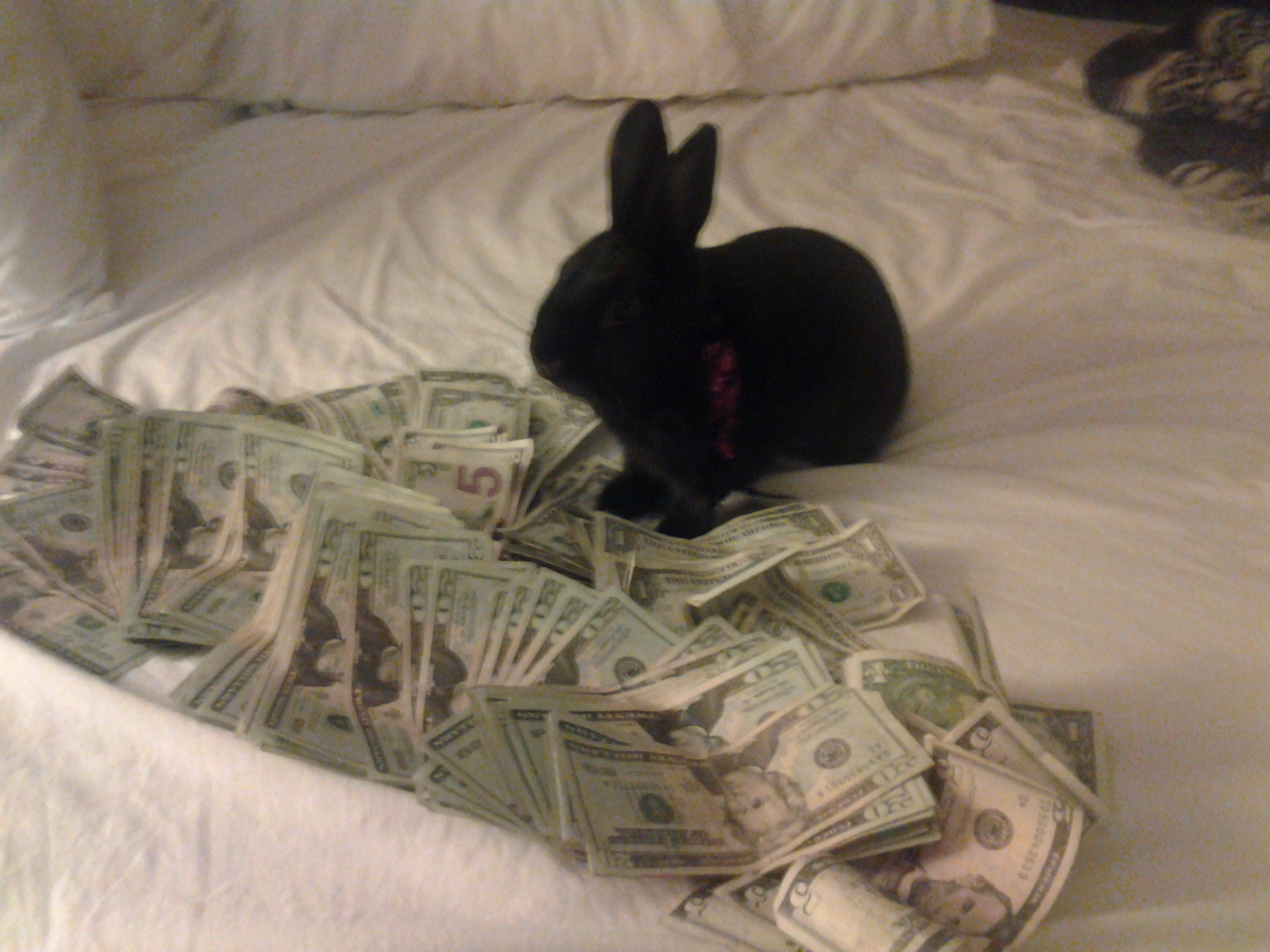Only eight days left to buy a one dollar raffle ticket for beloved tumblr blog and sex workers’ mutual aid organization Sex Worker Problems/The Pink Phoenix’s give away! Each gift bag is worth over $350, and the prizes include iTunes gift cards, Amazon gift cards, and premium advertising credits at slixa. The proceeds will go… Continue reading The Week In Links—November 22
Neon Wasteland: On Love, Motherhood, and Sex Work In A Rust Belt Town (2011)
Susan Dewey conducted fieldwork for her academic study at a strip club she calls “Vixens” in a town she calls “Sparksburgh” in the post-industrial economy in upstate New York. She describes interacting with approximately 50 dancers but focuses on a few: Angel, Chantelle, Cinnamon, Diamond, and Star. Some names were changed, but these pseudonyms will… Continue reading Neon Wasteland: On Love, Motherhood, and Sex Work In A Rust Belt Town (2011)
Activist Spotlight: Anna Saini on Identity and Being An Unlikable Survivor
Anna Saini is a community organizer with Voices of Community Activists and Leaders – New York (VOCAL-NY), where she works towards ending the drug war, mass incarceration and racist policing. Her writing appears in Bitch magazine, make/shift magazine, the forthcoming Dear Sister Anthology, her self published anthology Colored Girls, as well as both Red Umbrella Project… Continue reading Activist Spotlight: Anna Saini on Identity and Being An Unlikable Survivor
Bucks & Bunnies
This is Frank the rabbit sitting on a couple days earnings from dancing in the wild and wonderful state of West Virginia. He made me do it 😉 Sex workers, submit pictures of your furballs and funds here.
Quote of the Week
Trust that all sex workers know just how fascinating white men in positions of power find them. I’m not going to be impressed that one of them condescended to consider that sex workers are worthy of being written about. I’ll be impressed when sex workers are considered authorities of their own lives and get recognition… Continue reading Quote of the Week



